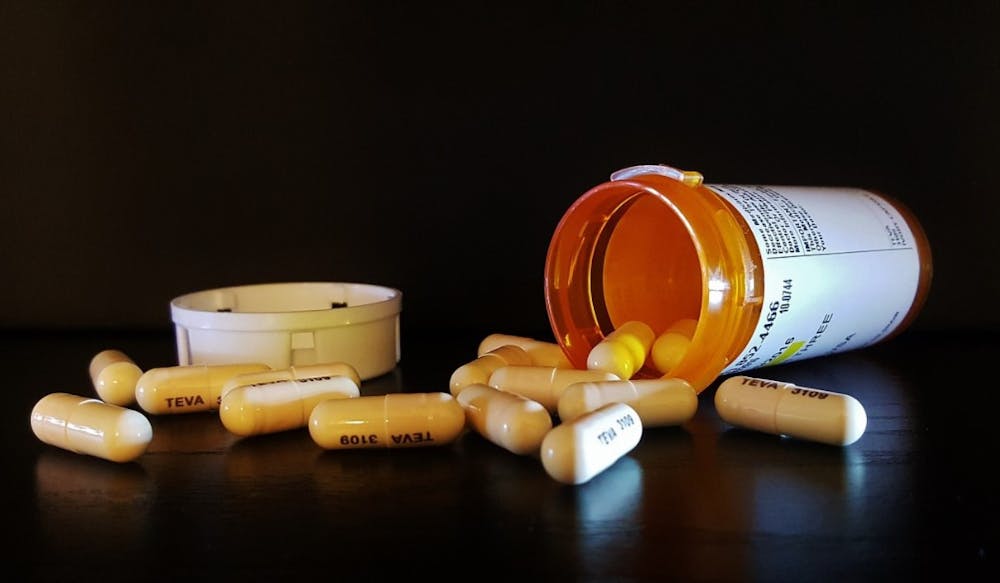First launched by the Bloomberg School of Public Health in May 2019, the Support for Creative Integrated Basic and Applied Research (SCIBAR) initiative called professors and researchers to tackle health problems by financially supporting the four winning teams with $1 million each. Two of the awards are funded by the Bloomberg American Health Initiative, and the other two are funded by the office of the dean.
The year-long selection process, interrupted by the pandemic, culminated in the announcement of the grant recipients last month.
Melissa Walls, associate professor of International Health at the School of Public Health, is one of the recipients of the grant. She noted in an email to The News-Letter that the grant offered opportunities that are not always possible with typical grants.
“The funding and timeline provide flexibility to emphasize relationships, process, policy and practice change, something that isn’t always possible with conventional scientific grants,” she wrote.
The practicality of this grant allowed her team to work with two Native American tribes in hopes of creating a tribal toolkit that addresses the effects of the opioid epidemic on the indigenous communities. Her colleague Sean Allen, assistant professor of Health, Behavior and Society, envisions this as a chance to save thousands of lives.
“This opportunity will enable our team to work as equal partners with two tribal communities to expand how we understand addiction and overdose, and support tribally led initiatives to save lives that are informed by research evidence,” he wrote in an email to The News-Letter.
To realize this goal, the team plans to use capture-recapture methods to quantify the size and characteristics of the population of people who inject drugs. According to Allen, the capture-recapture method is a common epidemiological technique to estimate the abundance of disease and health behaviors.
The team will also conduct community-based participatory research (CBPR) to better address the communities’ needs.
“CBPR has become a gold standard for research with tribal nations, where respect for sovereignty means that tribes have the authority to decide what kind of research is done, when, and where in their own communities,” Walls wrote.
When asked about the motivation for this research topic, both highlighted the importance of shedding light on indigenous community-based research and addressing the stigma around drug users.
“There is a lot of misunderstanding, blame, and fear about addiction, but people who use drugs deserve dignity and respect,” Allen wrote. “This project aims to give a voice to historically overlooked communities.”
For the past few decades, the opioid epidemic has impacted Native American communities the hardest. There is not enough modern research on these communities to effectively address the factors that drive drug addiction.
“This project will allow us to address gaps in data with a community drive, strengths based orientation,” Walls wrote.
The research conducted by Walls and Allen tackles the problem of drug addiction in disadvantaged and underrepresented Native American communities. This aligns with one of the major goals of the SCIBAR grant: to fund researchers whose research helps address health equity.
The three other winning teams — led by Kirsten Koehler, Keith West and Kristin Mmari — all address various public health equity problems that the world faces.
The team led by Koehler seeks to address the effects of climate change in low-income areas, which are heavily impacted because of large swaths of heat-absorbing surfaces and limited greenspace. They have proposed implementing “cool roofs” in the Baltimore community, which are row house roofs that are made of light-reflecting materials.
West’s team hopes to provide a more reliable, efficient and cheaper platform for assessing hidden hunger, which is a deficiency of micronutrients such as vitamins and minerals in impoverished societies.
The project led by Mmari will provide an opportunity to develop strategies for improving adolescent health living in disadvantaged neighborhoods surrounding abandoned lots, which the Baltimore community hopes to greenify.
All four of these projects have the potential to change public health practice and improve millions of lives. With the help of SCIBAR, these potentials will become a reality.

















